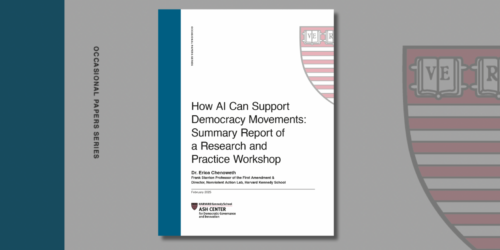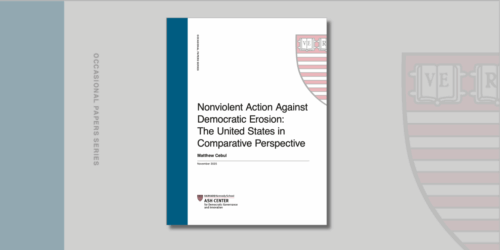
Additional Resource
How Maduro’s Dictatorship Plans to Survive
Even with Nicolás Maduro gone, the fight for Venezuela’s future is far from over. Freddy Guevara warns that Maduro’s successors are more interested in regime survival than democratic reform.






